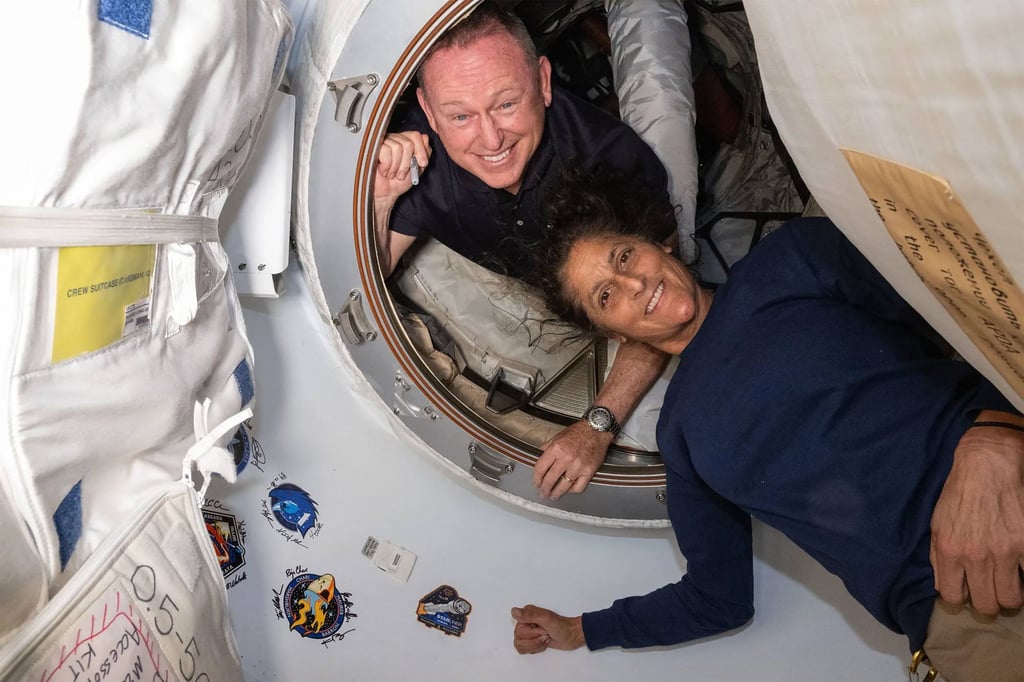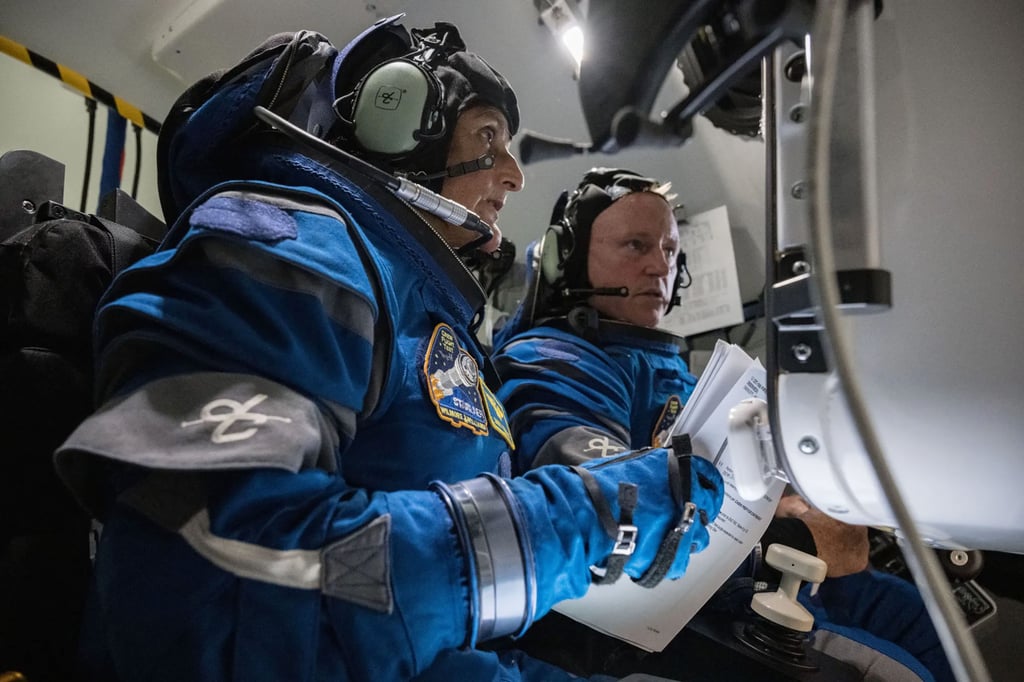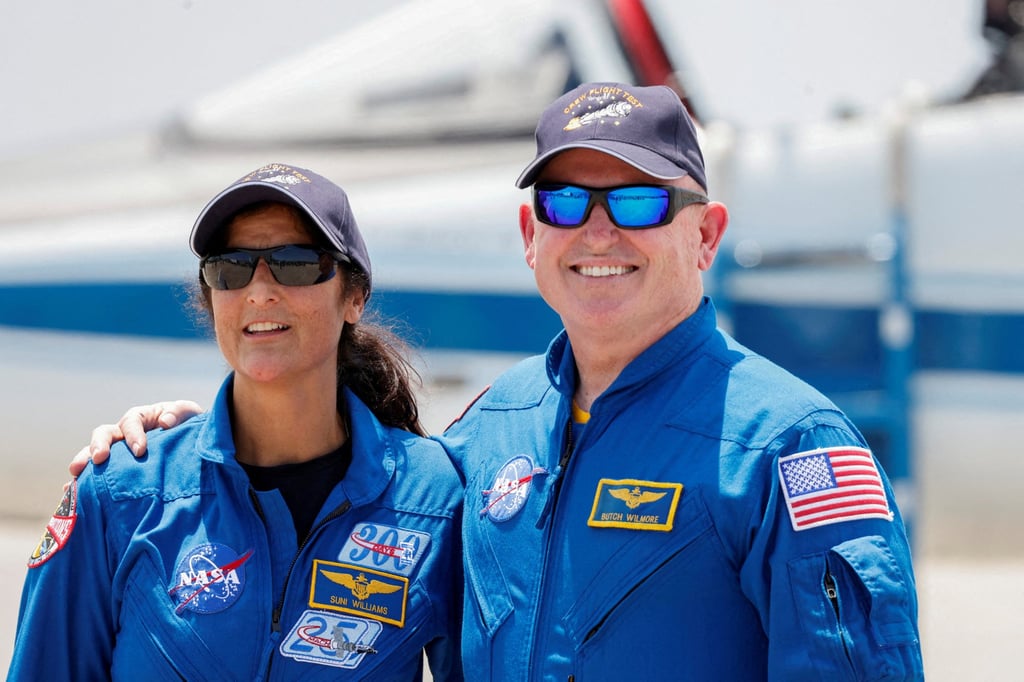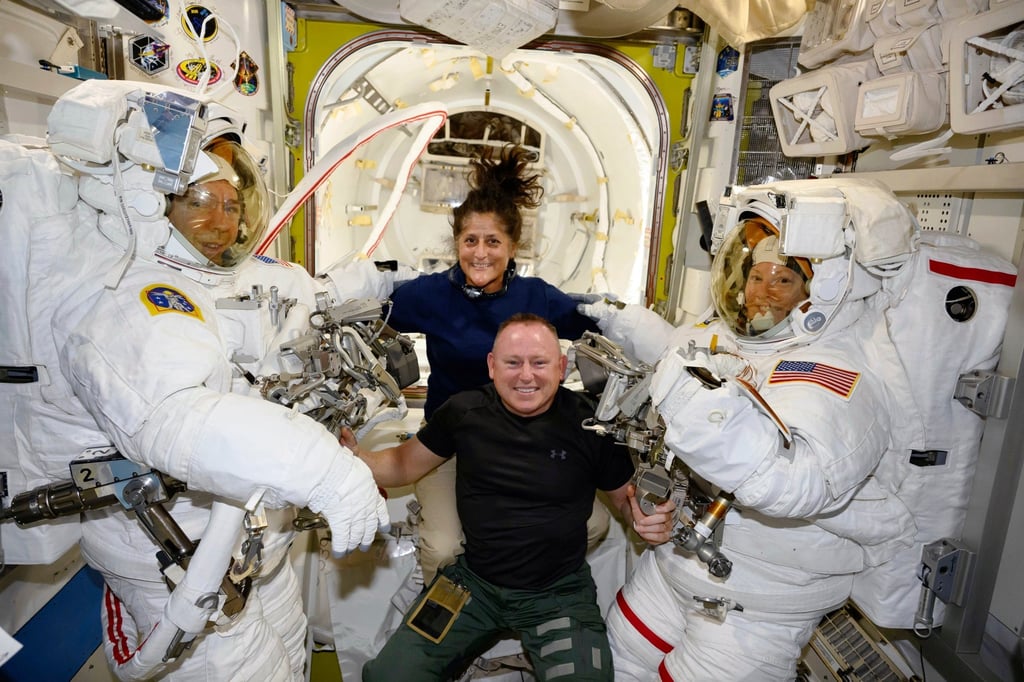Meet the Nasa astronauts stuck in space via a Boeing Starliner: Sunita ‘Suni’ Williams and Barry ‘Butch’ Wilmore may not return from their mission to ISS until 2025, so can Elon Musk’s SpaceX help?

However, as it got closer to the ISS, a host of unforeseen problems arose, including issues with leaks in the propulsion system and failing thrusters. There are discussions about potentially bringing the two astronauts back with the help of the SpaceX Crew Dragon craft that is set to go to the ISS in September, but this is just one option under consideration.
So, what else do we know about Suni Williams and Butch Wilmore, the pilot and commander of the Crew Flight Test mission who are stuck in space?
What are Sunita Williams and Butch Wilmore’s backgrounds?

Williams was born in Euclid, Ohio, to an Indian father and a Slovene mother, per Britannica, though she grew up in Needham, Massachusetts. She is set to turn 59 in just a few weeks and it looks like she’ll be celebrating this particular birthday aboard the ISS.
Wilmore, meanwhile, was raised in Mt Juliet, Tennessee, per Nasa, where his parents, Eugene and Faye Wilmore, still live. He has two daughters, Daryn and Logan, with his wife Deanna. Daryn told Nashville’s WVLT that her dad “gives us a lot of Earth views. I especially like seeing the sunset”. Wilmore will turn 62 on December 29.
What are their achievements?

Both Williams and Wilmore are retired captains of the US Navy, per Nasa. Williams logged over 3,000 flight hours in the Navy while Wilmore has logged over a whopping 8,000. However, Williams has spent more time in space, racking up 322 days across two missions, whereas Wilmore boasts 167 days.
Additionally, Williams has a cumulative spacewalk time of 50 hours and 40 minutes, the second longest in the world among women, while Wilmore has a spacewalk time of 25 hours and 36 minutes. Williams is also the first astronaut to finish the Boston Marathon and a triathlon in space.
They both believe in God

Williams opened up about religion to Condé Nast Traveller, revealing that her father is Hindu and her mother is Christian. She appears to be more agnostic, noting that while she doesn’t ascribe to a particular religion, she thinks “there is a God and it’s somebody looking out for us and trying to guide us to live a very happy, productive life. There is further meaning.” Williams told IndiaTV she took the Bhagavad Gita (Hindu scripture) and the Upanishads (Hindu philosophical-religious texts) to space, adding that “spiritualism and science go hand in hand”.
How are they reacting to being stranded in space?

Per the BBC, Williams and Wilmore are keeping their morale up during their cosmic predicament. “I’m not complaining that we’re here for a couple extra weeks,” Williams said in a briefing. However, experts are weighing in on the potential effects a prolonged space stay can have on the human body, such as radiation exposure, bone density loss, muscle atrophy and mental health challenges.
So far, though, the astronauts’ families are remaining positive too. Williams’ husband, Michael Williams, told The Wall Street Journal that space is his wife’s “happy place”, while Wilmore’s wife, Deanna, told the New York Post, “You know, we probably don’t expect him until February, February or March.”
Source link